
Best Free and Paid AI Keyword Research Tools (2025): The Ultimate Guide

Keyword research is the beating heart of SEO. Without the right keywords, your blog posts, YouTube videos, or business website risk being invisible online. In 2025, AI-powered keyword research tools are transforming the way marketers uncover profitable search terms, predict user intent, and plan content strategies. But which tools are worth your time—and which ones are truly free?
In this definitive guide, I’ll walk you through the best free and paid AI keyword research tools of 2025. I’ll cover how each works, its pros and cons, and when it makes sense to upgrade from free to premium. Whether you’re a solo blogger, a small business owner, or an SEO professional, this post will help you choose the right tool for your goals.
Recommended for You
Why AI Keyword Research Matters in 2025
Recommended for You
SEO has changed dramatically. Google’s AI Overviews and generative search results are rewriting the rules of keyword optimisation. Instead of just stuffing exact-match phrases, we now need to understand semantic search, topic clusters, and user intent. That’s where AI comes in.
- Speed: AI can analyse millions of queries in seconds.
- Insights: AI tools uncover hidden long-tail opportunities humans miss.
- Clusters: AI groups related keywords for content silos automatically.
- Forecasting: Predictive AI shows how search demand might trend.
In short, AI doesn’t replace human creativity—but it makes keyword research faster, smarter, and more profitable.
Best Free AI Keyword Research Tools (2025)
Let’s start with the good news: you don’t have to spend a dime to get started with AI-driven keyword insights. These free tools are ideal if you’re experimenting, running a side hustle, or want to test the waters before investing.
1. Google Keyword Planner + AI Prompts
Still free, still powerful. When paired with AI tools like ChatGPT or Gemini,
becomes a hidden gem. You can paste seed keywords into Keyword Planner, export results, and ask AI to cluster them into content topics.- Pros: Free, reliable Google data, perfect for PPC and SEO.
- Cons: Limited to ad-related data, needs AI support for clustering.
2. AnswerThePublic (Free Tier)
visualises questions people ask online. With its free tier, you get a limited number of searches daily. Combine results with AI analysis to identify content gaps and FAQs worth targeting.
- Pros: Great for discovering user intent questions.
- Cons: Limited free searches, best used with AI for deeper insights.
3. Ubersuggest (Free Version)
offers keyword ideas, difficulty scores, and content suggestions. It's free plan restricts daily searches but still delivers solid starter data.
- Pros: Easy to use, includes content ideas, and competitive analysis.
- Cons: Free plan is very limited, upsell-heavy.
4. ChatGPT with SEO Plugins
AI chat models like ChatGPT for SEO can perform surprisingly robust keyword research when paired with plugins or uploaded CSVs from Google Keyword Planner. You can generate keyword clusters, blog outlines, and even internal linking strategies.
- Pros: Flexible, conversational, great for brainstorming.
- Cons: Data accuracy depends on the sources provided.
5. Also Asked (Free Limited Version)
uncovers the “People Also Ask” tree from Google. This is invaluable for planning FAQs and optimising for featured snippets.
- Pr
You Might Enjoy

AI and SEO Strategy: How to Boost Organic Traffic Growth in 2025
search engine optimisation (SEO) has always been about adapting to change. From Google?s Panda and…
How Can I Start Making Money Online?
How to Start Making Money Online: A Comprehensive Guide to Thriving in the Digital World In today's…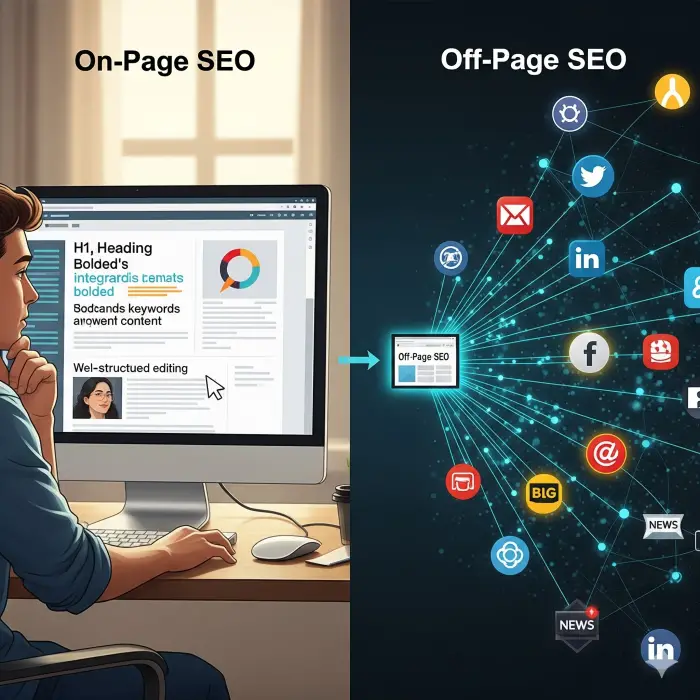
What Is the Difference Between On-Page and Off-Page SEO?
Share this article: SEO is a term that gets thrown around a lot, especially when you?re trying to… - Cons: Limited exports without a paid account.
Best Paid AI Keyword Research Tools (2025)
If you’re serious about ranking, paid tools are worth the investment. They save time, provide richer insights, and often combine multiple SEO features (keyword research, content optimisation, SERP tracking). Let’s explore the top contenders.
6. SEMrush with AI Writing Assistant
has integrated AI into its keyword magic tool and writing assistant. You can discover keyword gaps, track SERPs, and instantly generate content briefs optimised for target terms.
- Pros: Enterprise-level data, AI-driven recommendations.
- Cons: Expensive for beginners.
7. Ahrefs + AI Integrations
remains a favourite for backlink and keyword data. With AI integrations, you can cluster large keyword lists automatically and receive suggestions for content silos.
- Pros: Accurate difficulty scores, huge database.
- Cons: Higher price point, learning curve.
8. SurferSEO
is an AI-first SEO tool that combines keyword research with on-page optimisation. Its “Content Planner” feature clusters keywords by search intent, perfect for building topical authority.
- Pros: Great for content marketers, AI-driven clustering.
- Cons: Content editor credits can get expensive.
9. Scalenut
uses AI to automate keyword research, SERP analysis, and content creation. Its Cruise Mode helps generate SEO-ready articles quickly.
- Pros: All-in-one SEO and content creation platform.
- Cons: May be overwhelming for beginners.
10. WriterZen
is known for its AI-powered topic discovery and keyword clustering features. It helps you plan content silos and uncover hidden long-tail opportunities.
- Pros: Affordable, strong keyword clustering.
- Cons: Smaller database than SEMrush or Ahrefs.
11. Frase
specialises in AI content briefs and keyword suggestions. It analyses top-ranking pages and shows exactly which terms to include in your content.
- Pros: AI-driven optimisation, great for writers.
- Cons: Not as strong for backlink analysis.
Free vs Paid: Which Should You Choose?
The right choice depends on your goals:
- Free tools are best for hobby bloggers, small side projects, or those experimenting with SEO.
- Paid tools are essential if you’re building a content business, running client SEO, or competing in competitive niches.
How to Maximise AI Keyword Tools
- Always validate results: AI can generate noise. Check search volumes and intent manually.
- Cluster for content silos: Don’t target one-off keywords—group them into themes.
- Optimise for AI Overviews: Add FAQs and structured answers to increase visibility.
- Track performance: Use SERP tracking to see which keywords actually drive traffic.
Future of AI in Keyword Research
Looking ahead, expect even more integration between keyword research, content creation, and SERP forecasting. AI will not just suggest keywords—it will simulate Google’s algorithms to predict which content will rank. This means early adopters of AI tools gain a massive competitive advantage.
Frequently Asked Questions
More Reads You’ll Love

Importance Of Sitemaps
The Ultimate Guide to XML Sitemaps: Purpose, Limitations, and SEO Benefits Creating a…
Best House Painting Ideas by Painting Contractor San Francisco
Residential and Commercial Painting Companies in America: A Comprehensive Guide Painting is a…
Easy SEO Link Building
Martins Free and Easy SEO link building: Boost Your Website's SEO with Genuine Backlinks In this…Google Keyword Planner combined with AI clustering (via ChatGPT or Gemini) remains the best free option.
What is the best-paid AI keyword research tool?
SurferSEO and SEMrush currently lead the pack for AI-driven insights, though WriterZen is a more affordable alternative.
Can I rely only on free tools for SEO?
Yes, but you’ll hit limitations quickly. Free tools are fine for beginners, but scaling requires paid data.
Do AI tools replace human SEO experts?
No. AI accelerates research but can’t replace strategy, creativity, or nuanced decision-making.
Final Thoughts
The landscape of keyword research is changing fast. Whether you’re relying on free AI keyword tools to get started or investing in premium platforms to gain a competitive edge, the future of SEO is undeniably AI-driven. The sooner you adapt, the faster you’ll build traffic and authority.
Start small with a free tool, validate your process, and then upgrade when you’re ready. By 2026, those who ignore AI in keyword research will find themselves at a serious disadvantage.
Other Topics That Might Interest You

Painting Using Watercolour
How to Use Watercolour for Better Resultswatercolour painting is a timeless and versatile art form…
32 Tips On Keyword and Niche Research
A Comprehensive Guide to Keyword and niche researchIntroduction: In the expansive realm of search…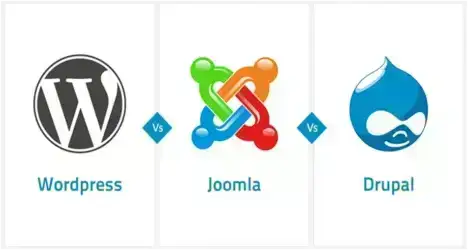





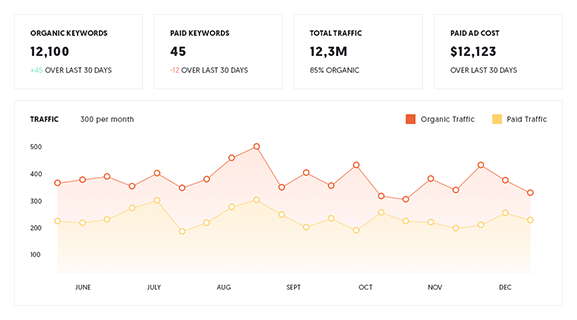

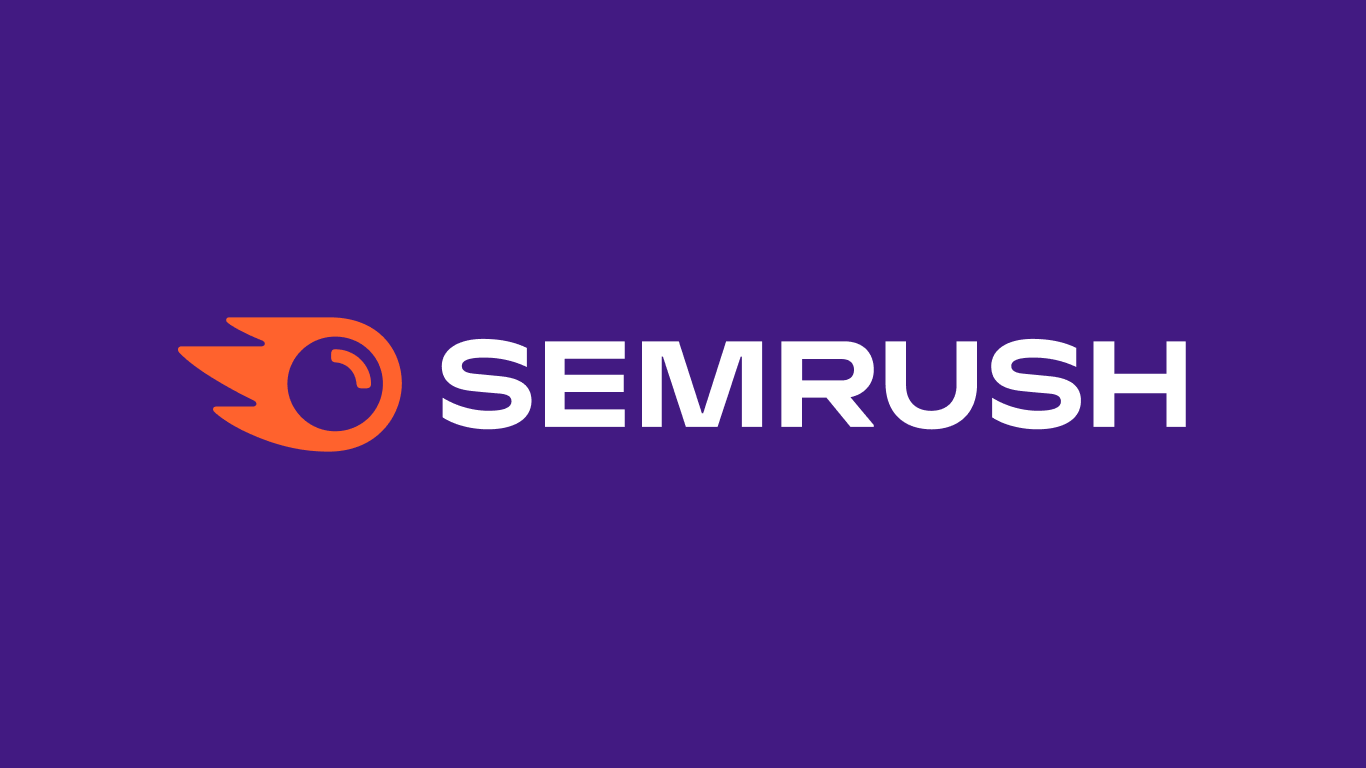
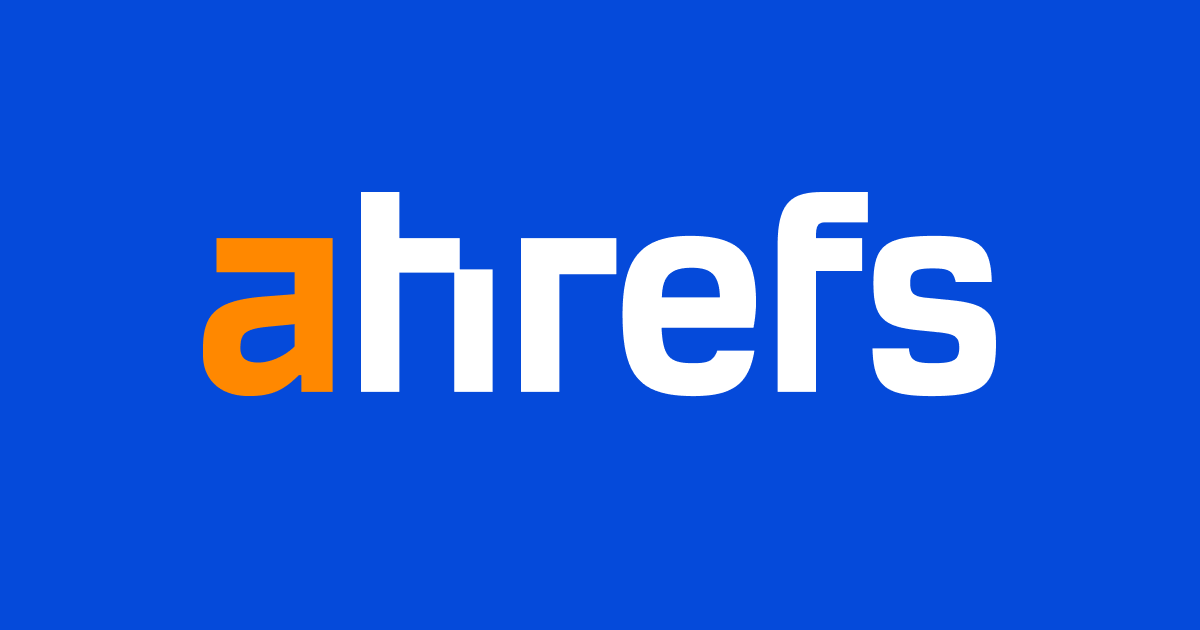


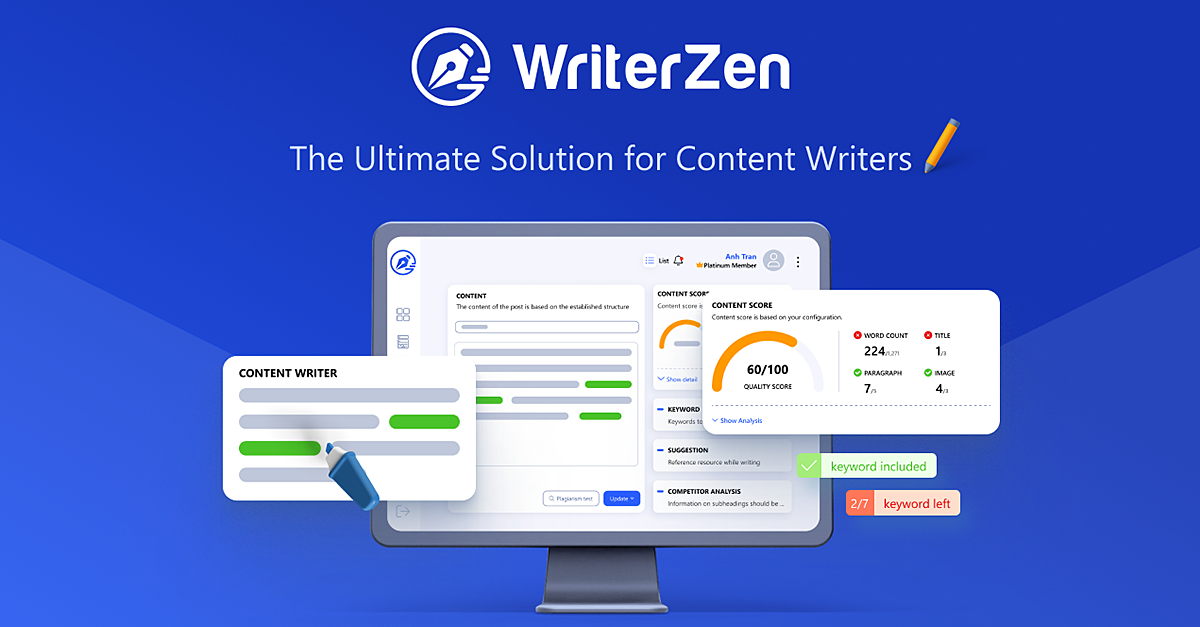
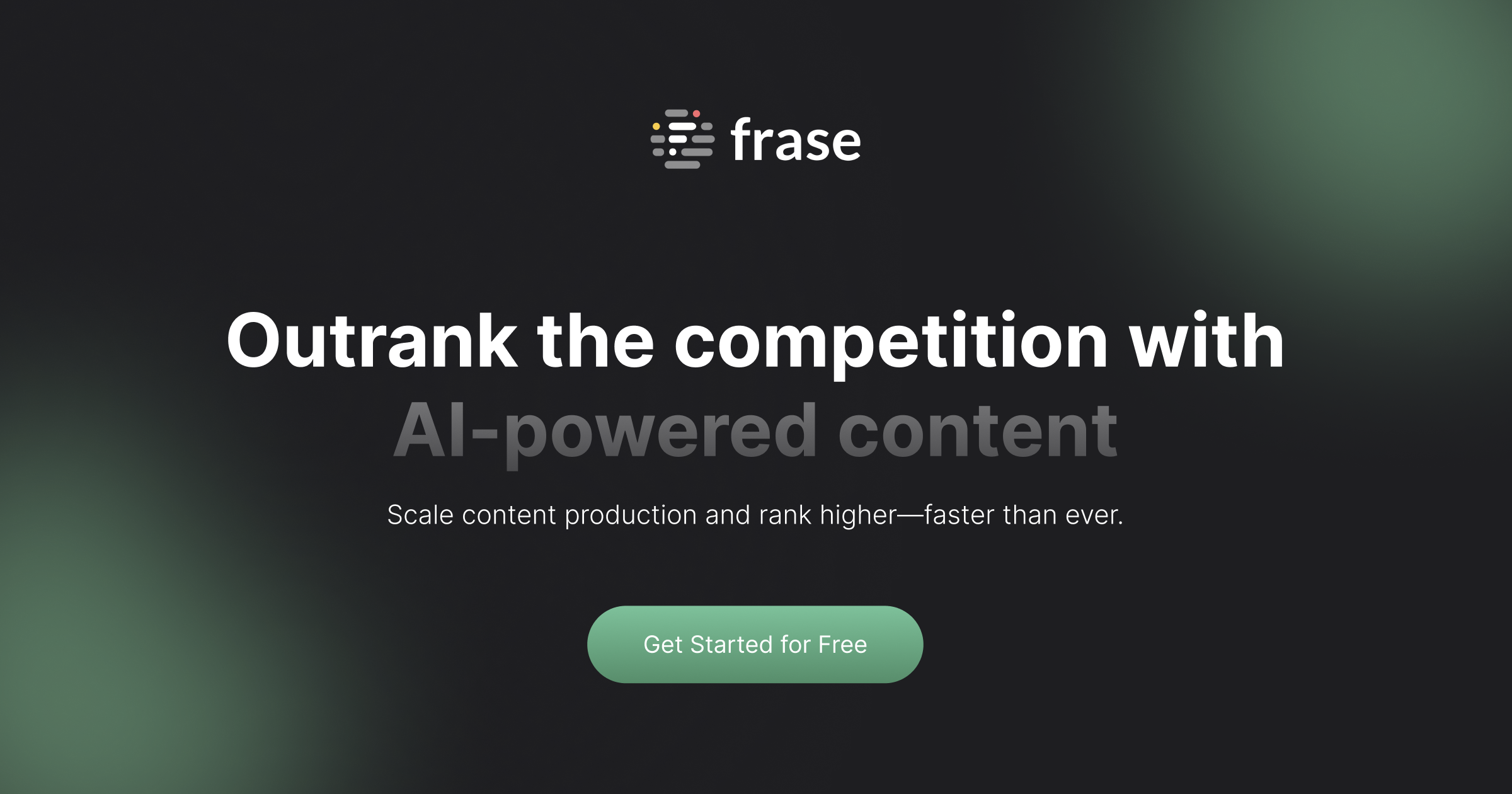

Comments